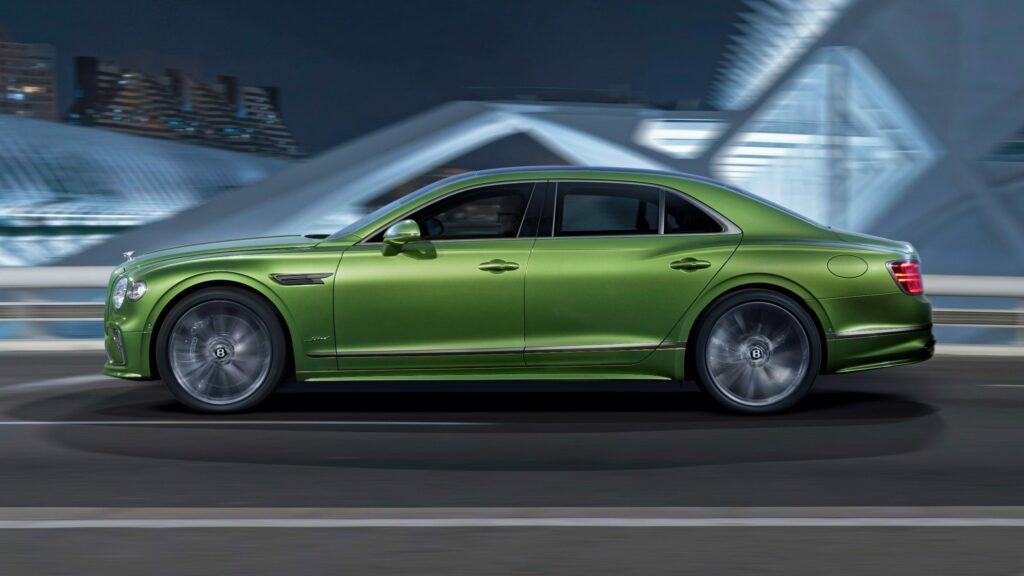- Bentley is postponing its all-electric vehicle plans and will focus on hybrid options for the time being.
- The luxury brand initially targeted a fully electric lineup by 2030, but demand for combustion engines has shifted its focus.
- Its first EV is expected to be unveiled in 2026, paving the way for an all-electric lineup by the mid-2030s.
Bentley is pulling back from its all-electric vehicle ambitions, opting for a more gradual transition toward EVs. The luxury automaker plans to adopt hybrid technology in the interim, as its leadership acknowledges that buyers in the high-end market still have a penchant for combustion engines. Apparently, the roar of a V8 is still music to the ears of Bentley’s clientele.
Back in January 2020, the the British marque proclaimed that it would sell only plug-in hybrids or battery electric vehicles (BEVs) by 2026, with plans to fully commit to EVs by 2030. However, under the new leadership of Frank-Steffen Walliser—a 29-year veteran of Porsche and the mastermind behind the 918 Spyder hybrid hypercar—the brand is recalibrating its approach.
Read: Bentley’s New CEO Is The Engineer Who Signed Off The Porsche 918 Spyder
In a recent interview, Walliser admitted that the adoption of EV technology has been slower than many in the industry anticipated. “What we see in the luxury market right now [is that] people reject electric cars,” he told Car and Driver. “They consider luxury cars only with the combustion engine.”
Unlike some other brands, Bentley can’t afford to produce both electric and gas-powered versions of the same vehicle competing within the same segment. Consequently, the company views plug-in hybrids as a viable interim solution that can bridge the gap. Additionally, Walliser advocates for sustainable e-fuels, which are already being produced at scale by Porsche at a facility in Chile.
“Hybrids are definitely something that are not only a novel bridging technology. It is a really good solution, and it can work for a lot of customers, it can fulfill their needs,” he noted. “The target is to reduce the CO2 footprint and I’m fully convinced that with synthetics you can close that gap, because you can bring down CO2 going into the cycle, and not add additional CO2 to the environment.”

Bentley hasn’t entirely given up on its electric dreams, however. According to the company’s CEO, it plans to reveal its first EV “around 2026” before launching it in 2027. Walliser also harbors an “ambition” for the brand “to be fully electric in the mid-2030s.”
Yet, details about Bentley’s first EV are limited. Walliser clarified that it will not replace a model already in the firm’s portfolio but rather serve as a new addition to its family of vehicles.




